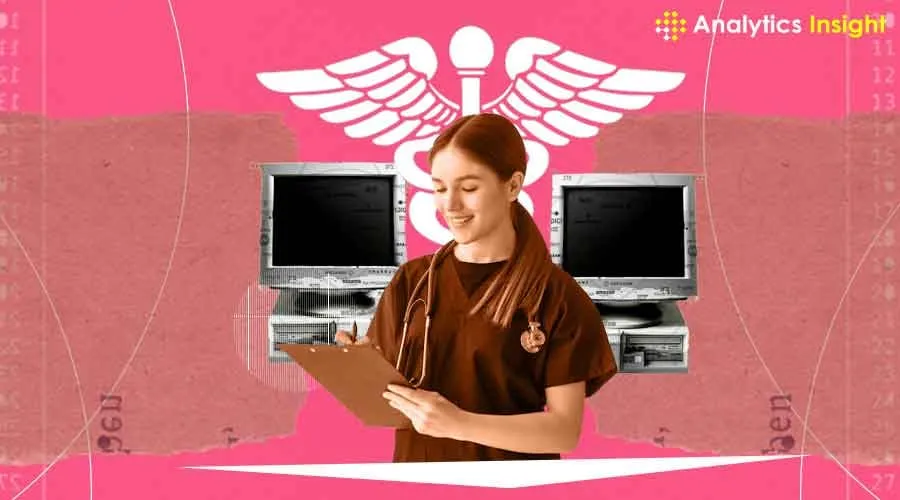Data Science for Healthcare: Innovations and Trends for 2025

Transformative Trends in Data Science for Healthcare
Data science for healthcare is revolutionizing patient treatment and diagnosis. As we approach 2025, notable trends such as predictive analytics, AI integration, and telemedicine will play crucial roles in evolving healthcare landscapes.
The Rise of Predictive Analytics
Predictive analytics utilizes historical data to forecast potential health crises and patient conditions, allowing for timely interventions.
- Forecasts disease outbreaks and patient health declines.
- Utilizes data from EHRs, wearables, and genomics.
- Enhances clinical decision-making significantly.
Optimizing Artificial Intelligence
Artificial Intelligence is becoming foundational in data-driven healthcare solutions. It offers remarkable precision in data management and analysis.
- Facilitates rapid diagnosis through imaging technologies.
- Supports treatment personalization.
Telemedicine and Remote Monitoring
Surge in telemedicine adoption post-pandemic underscores its importance in healthcare.
- Remote monitoring tools enhance patient-provider communication.
- Rich data analytics improve patient care and reduce facility workload.
Increased Patient Involvement
With complexities in healthcare, data science enhances patient engagement by understanding their needs and preferences.
- Promotes personalized health advice based on individual data.
- Enhances collaboration in health management.
- Advances drug development through data science methodologies.
Role of Interoperability
As healthcare technologies expand, ensuring seamless interoperability between systems will prove essential for improving patient care.
- Standardization will lead to better data sharing among organizations.
- Enhances care coordination across varied platforms.
Preparing for 2025 means embracing these innovations in data science for healthcare, aiming for improved patient outcomes and care processes through strategic use of analytics and technology.
This article was prepared using information from open sources in accordance with the principles of Ethical Policy. The editorial team is not responsible for absolute accuracy, as it relies on data from the sources referenced.